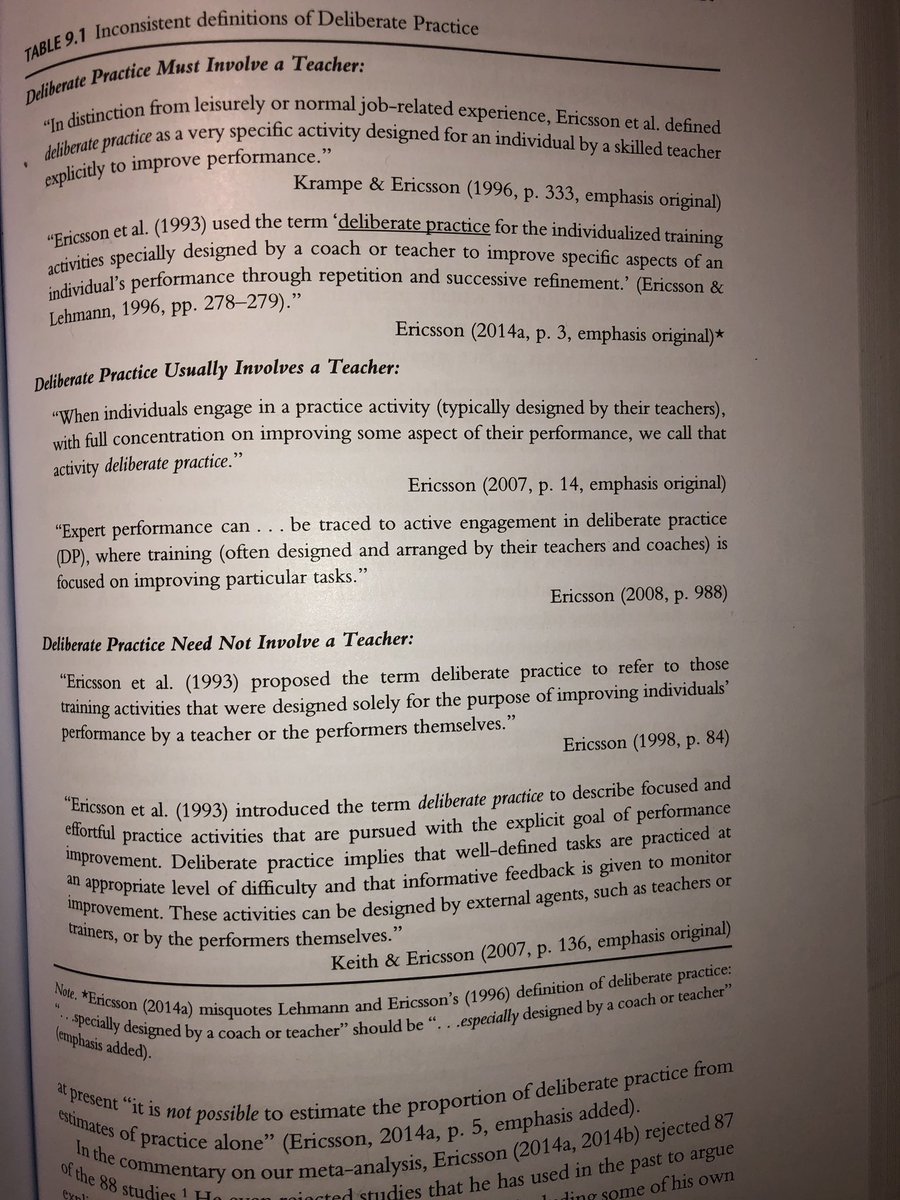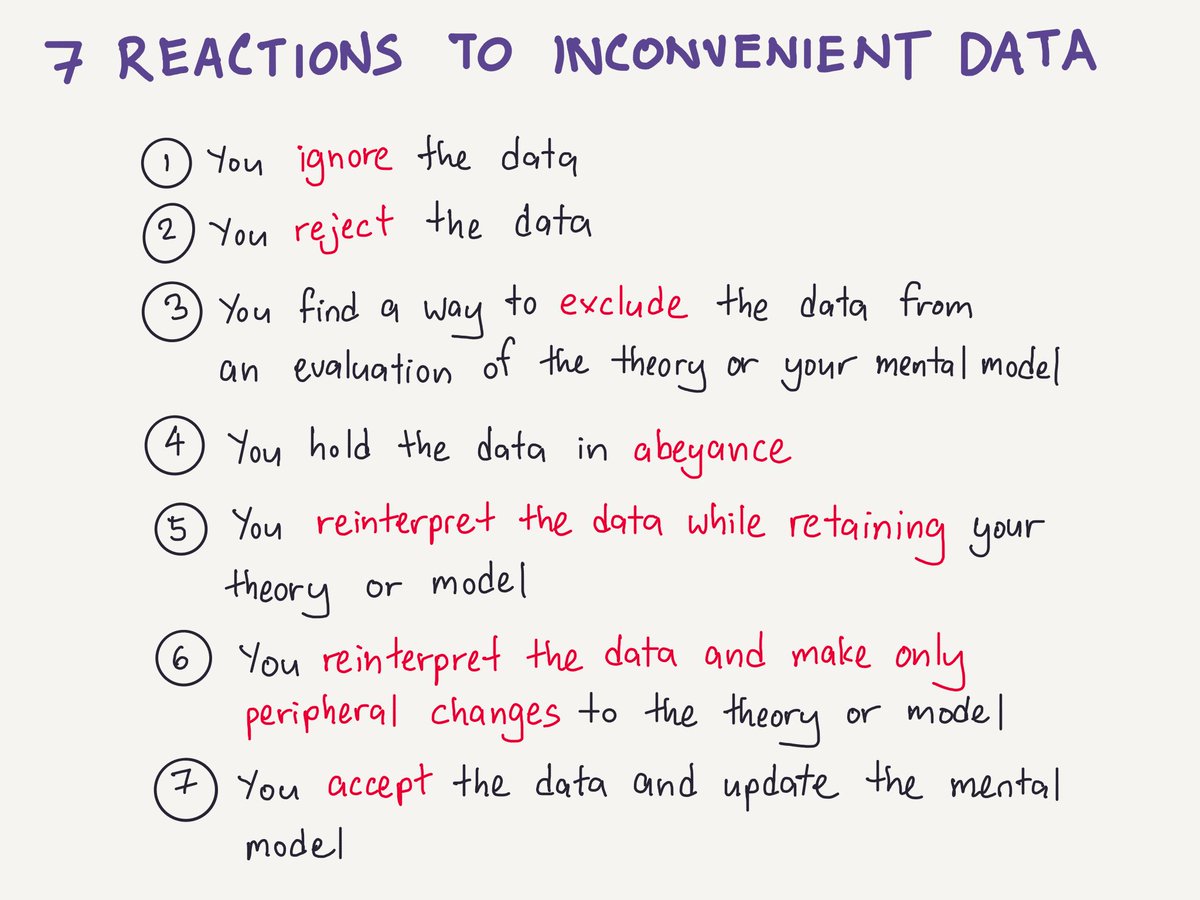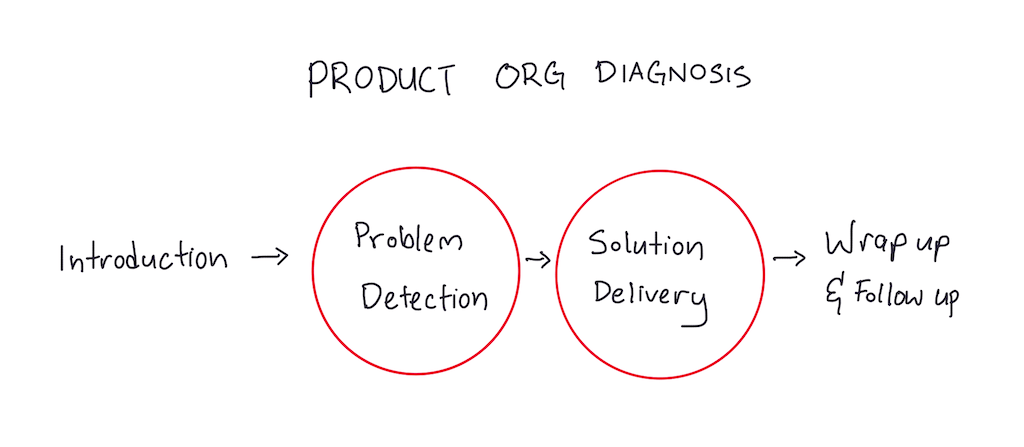
1/ I've been reflecting on why I found @LiaDiBello4's extracted mental model of business so compelling.
I mean, my reaction was mostly: "ALL great businesspeople share a common mental model of business? The model is a triad of supply, demand and capital? YES THIS MUST BE RIGHT."
I mean, my reaction was mostly: "ALL great businesspeople share a common mental model of business? The model is a triad of supply, demand and capital? YES THIS MUST BE RIGHT."

2/ The model, if you're wondering:
https://twitter.com/ejames_c/status/1417689411374915584
3/ I'm usually more sceptical when I encounter new ideas. Some of my friends remain sceptical about DiBello's paper.
But I think DiBello's triad just fits into everything I know and everything I've read about business. Here's what I mean ...
But I think DiBello's triad just fits into everything I know and everything I've read about business. Here's what I mean ...
4/ I think most people who start out in business quickly figure out that the Supply leg is a thing — they learn:
Oh, managing people is hard. Need to learn that.
And hiring is hard. Need to learn that.
Oh, and FIRING people. God, firing people is hard. Need to learn that.
Oh, managing people is hard. Need to learn that.
And hiring is hard. Need to learn that.
Oh, and FIRING people. God, firing people is hard. Need to learn that.
5/ Supply is 'factors involved in effective operations' — meaning you get good at whatever it takes to make the widget, be it manufacturing or ops or product dev.
So far, so straightforward. Then you try to SELL the widget, and that leads you to deal with the Demand leg ...
So far, so straightforward. Then you try to SELL the widget, and that leads you to deal with the Demand leg ...
6/ And in the Demand leg you learn that, god, competition is a thing. You start dealing with competition when you do sales and the customer compares you to equivalents, which starts to give you a sense of the market you're in ...
7/ And then it's usually only a matter of time before you realise that margin compression is a thing.
That is, in many cases your competition will cut prices over a period of years, driving returns down to the opportunity cost of capital. Terrible!
That is, in many cases your competition will cut prices over a period of years, driving returns down to the opportunity cost of capital. Terrible!
https://twitter.com/ejames_c/status/1233577652654501888?s=20
8/ You seek out stories where this happens, and then you realise: ok, wait a minute, there are some businesses that can resist margin compression. How do they do it? And you stumble onto the concept of 'moats'.
Turns out there are only 7 of them:
Turns out there are only 7 of them:
https://twitter.com/ejames_c/status/1402832349251837958
9/ Digression: you also quickly learn that moat building looks very strange in practice:
https://twitter.com/ejames_c/status/1403915367655776259
10/ So I've just described my learning progression in business.
All of these are obvious things — most people learn that Supply and Demand are things because they realise they have to make a widget to sell the widget, and then they learn all the hard bits of both. But!
All of these are obvious things — most people learn that Supply and Demand are things because they realise they have to make a widget to sell the widget, and then they learn all the hard bits of both. But!
11/ If you read a lot of business biographies, you'll begin noticing something strange. There are a whole class of moves in business that allow you to win that AREN'T related to Supply or Demand. Those moves are basically Capital.
My goto story is John Malone's.
My goto story is John Malone's.

12/ Malone was early in realising that junk bonds were a thing, and then realised that he could a) rack up a ton of debt, b) never make a profit c) use that to buy MOAR cable businesses, d) use the cash flows to service debt, and e) use the losses to shelter those cash flows 

13/ It's an old story, and it's really cool because Malone invented EBITDA in the process to explain what he was doing. I retell it here: commoncog.com/blog/cash-flow…
14/ Anyway, once you realise that Capital is a thing with its own playbook, you begin to see stories of businesspeople using it everywhere. Here's Michael Dell doing some savvy financial kung-fu to save his company: forbes.com/sites/antoineg…
15/ And you find books like The Outsiders, which is basically a collection of CEOs whose edge is mostly in Capital. (They shore up their Supply and Demand pieces by delegating operational bits to their second in command). goodreads.com/book/show/1358…
16/ Again, this is old hat if you've been in business for a bit, or if you've been an equity investor for any amount of time.
What DiBello's triad mental model confirms for me is that there are JUST three legs to the expertise of business. Before I read her work, I wasn't sure.
What DiBello's triad mental model confirms for me is that there are JUST three legs to the expertise of business. Before I read her work, I wasn't sure.
17/ Anyway, what this gives you is the shape of the expertise to pursue, if you want to get good at business.
And it gives you a lens to evaluate the mental models of good business people, since the way the triad is expressed is different depending on the industry.
And it gives you a lens to evaluate the mental models of good business people, since the way the triad is expressed is different depending on the industry.
18/ If you want to read the paper where DiBello extracted the mental model, start here: wtri.com/wp-content/upl…
You may also read my blog post on the findings: commoncog.com/blog/business-…
You may also read my blog post on the findings: commoncog.com/blog/business-…
19/ Follow if you'd like more threads like this. Or sign up for my newsletter, where I cover better business and career decision making: commoncog.com/blog/subscribe…
Of the practical sort, not the rubbish 'ooh, have you heard about this mental model?' sort.
Thank you for reading!
Of the practical sort, not the rubbish 'ooh, have you heard about this mental model?' sort.
Thank you for reading!
• • •
Missing some Tweet in this thread? You can try to
force a refresh








